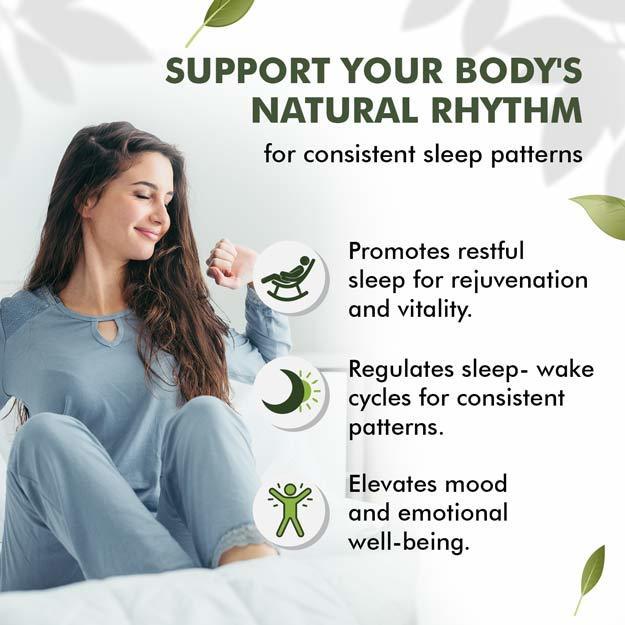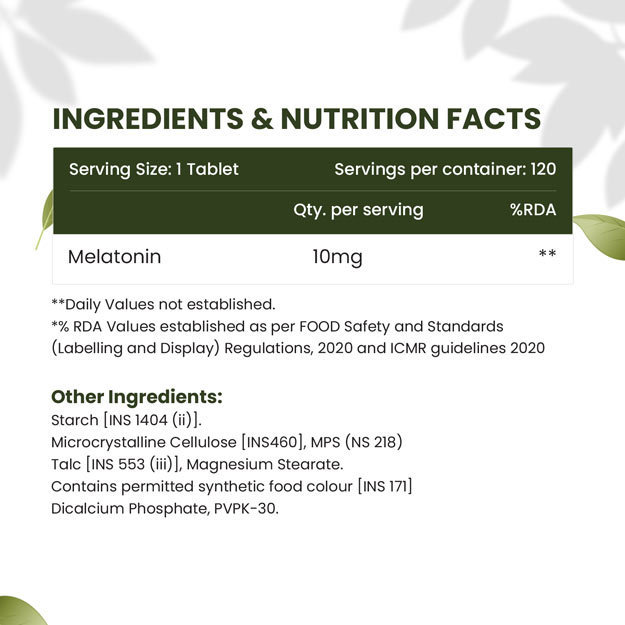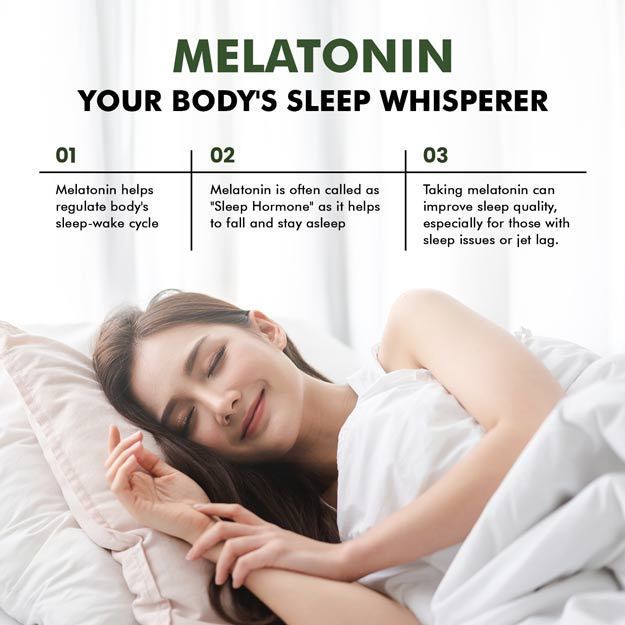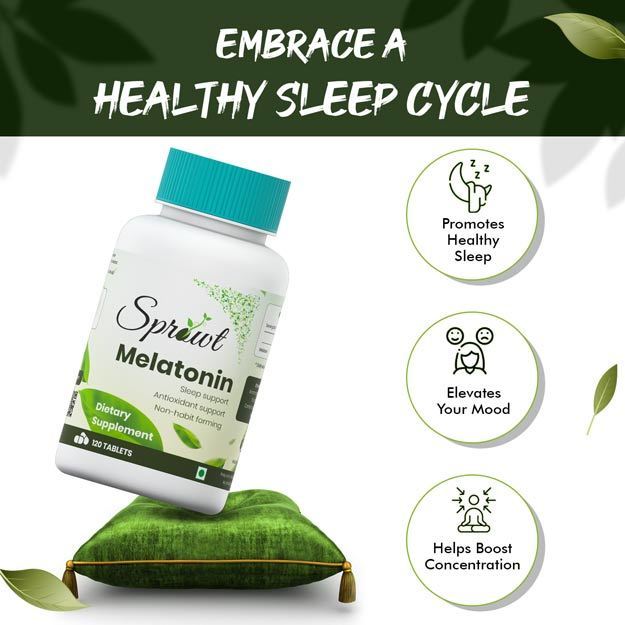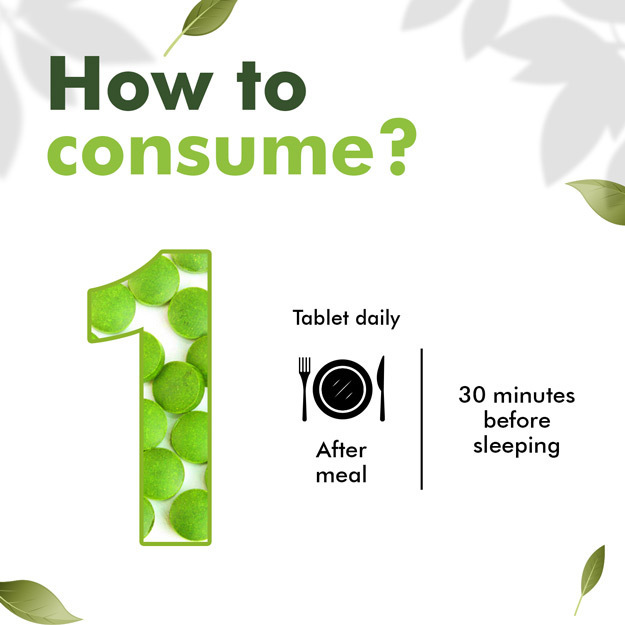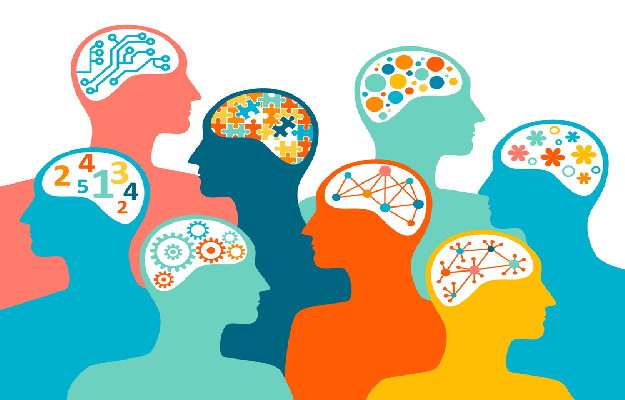Have you ever used the expression “he/she woke up on the wrong side of the bed”? This expression is colloquially used to indicate that a person is in a bad mood. It arises from the belief that poor sleep can affect the mood. In other words, it hints at the intricate link that exists between sleep and mental health.
Here is the complete detail about the treatment of sleep disorder.
What many don’t realise is that this link works both ways, and sleep problems can be a cause and a consequence of mental health issues. Bad quality or quantity of sleep can lead to negative mental health outcomes, and suffering from a mental health issue can lead to sleep disorders.
This bidirectional relationship is so intricate that not everything is known about it despite decades of research. However, current knowledge of both sleep and mental health helps experts and healthcare professionals understand how best to alleviate the sleep-related as well as the psychological issues of their patients. It also helps to determine which line of treatment can help patients and the general public avoid both sleep disorders and mental health issues.
Since this issue is bidirectional, approaching it from both sides is likely to give you a better picture of how sleep affects mental health and vice versa. This article provides just such an approach to help you understand how sleep, sleep deprivation and sleep disorders may affect mental health. On the other hand, it also explains how neuropsychological issues like autism and mental illnesses like depression and bipolar disorder affect sleep patterns.
This article also provides tips you can use to improve both your sleep and mental health at the same time. Read this article to find out everything you need to know about sleep and mental health.
(Read More - Hypersomnia treatment)







